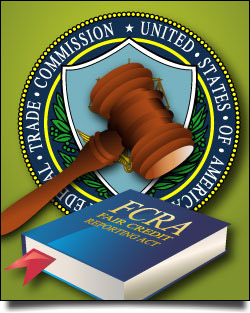
On April 3, 2023, the CFPB published a new official statement of policy on the authority that Congress passed in the Consumer Financial Protection Act of 2010 (“CFPA”), codified at 12 U.S.C. § 5536(a)(1)(B), banning “abusive conduct” in connection with the offering or provision of consumer financial products or services. A copy of the new

 Following its recent “initiative” and
Following its recent “initiative” and  Medical service providers who engage in medical billing, debt collection, and credit reporting are the focus of new regulations and regulatory enforcement efforts. Civil litigation is sure to follow. Under the direction of its new Director, Rohit Chopra, the
Medical service providers who engage in medical billing, debt collection, and credit reporting are the focus of new regulations and regulatory enforcement efforts. Civil litigation is sure to follow. Under the direction of its new Director, Rohit Chopra, the 
 Tuesday, June 29, 2021
Tuesday, June 29, 2021 on February 24, 2021, attorneys David M. Bizar, Tonya M. Esposito and J. Patrick Kennedy discussed the major legislative initiatives, regulatory and enforcement, and executive actions that are likely to be prioritized by the Biden-Harris administration; the key financial department appointees
on February 24, 2021, attorneys David M. Bizar, Tonya M. Esposito and J. Patrick Kennedy discussed the major legislative initiatives, regulatory and enforcement, and executive actions that are likely to be prioritized by the Biden-Harris administration; the key financial department appointees